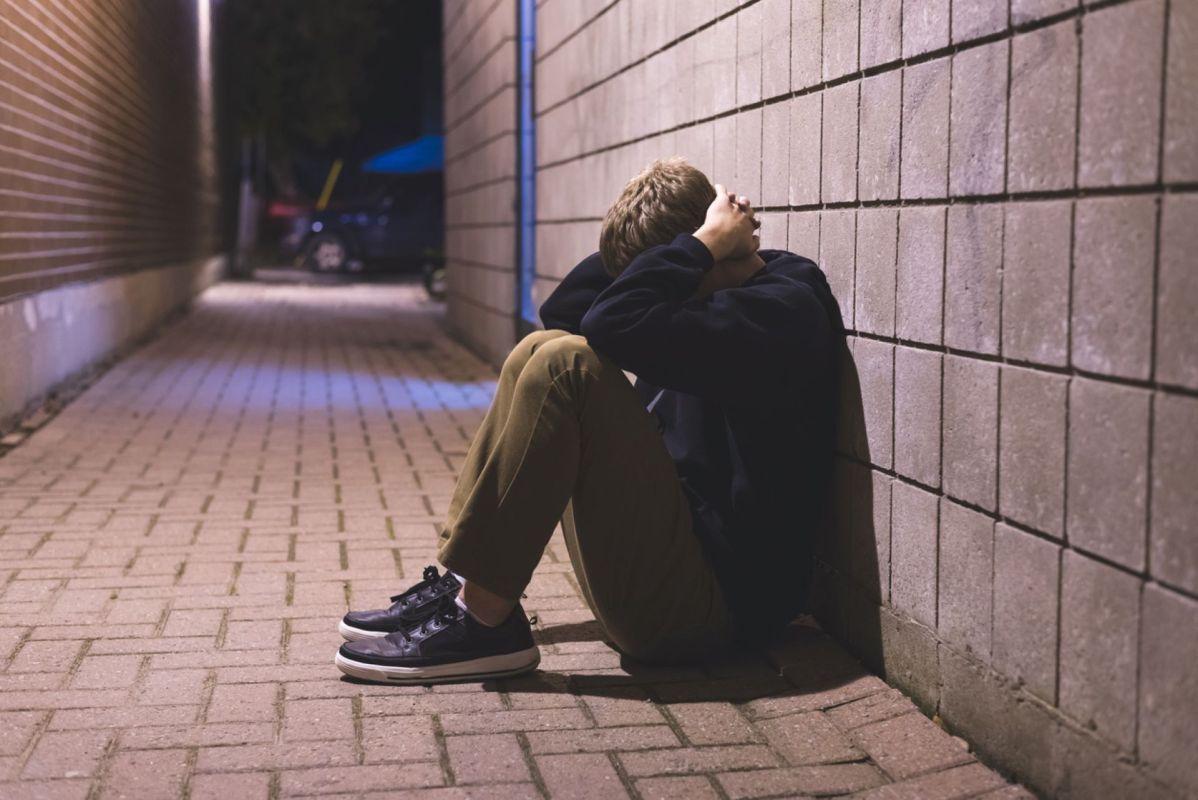The effects of natural disasters go well beyond casualties, property damage, and land and infrastructure losses. These events are causing mental health crises that can transform the most powerless among us.
That's the concerning takeaway from a Grist report on a review of studies of some of the world's worst tropical storms and other calamities.
"Children and adolescents … are among the demographics most vulnerable to the chaos and isolation brought on by extreme weather events," the climate solutions and justice outlet reported.
What happened?
Research on major catastrophes showed the effects last for months and sometimes years, according to Grist. They include anxiety, depression, sleep disorders, post-traumatic stress, suicidal ideation, and suicide.
Children are affected more because they rely on routine, a sense of safety, and peer relationships more than adults, and they "are still learning to regulate their emotions," Zoya Teirstein of Grist wrote.
The research included the mental health effects of the Indian Ocean tsunami in 2004, Hurricane Katrina in 2005, and other disasters. A study published this month on the consequences of Hurricane Maria, which killed thousands of people in Puerto Rico in 2017, knocking out power and leaving residents without drinking water for months, analyzed surveys of more than 90,000 public school students.
Questioned five to nine months after the Category 4 storm, 17% said they or a family member were injured, 30% said they felt their lives were threatened by the storm, and 46% said their homes were significantly damaged, Grist reported. About 6,300 students, or 7%, developed post-traumatic stress disorder.
In a 2021 study of children who lived through Hurricane Katrina and the 2010 Deepwater Horizon oil spill off the coast of Louisiana, researchers examined the relationship between early-life exposure to the disasters and adolescent anxiety, depression, and alcohol use.
"We found disaster exposure was positively associated with trauma-like symptoms and substance use and psychological resilience was negatively related to these outcomes," the authors wrote. "These findings demonstrate childhood disaster exposure has the potential to cause chronic psychological distress and predispose individuals to substance use later in life. They also suggest resilience may be protective for disaster survivors."
Why is this important?
"Prior research has shown that young people are more likely to turn to alcohol as a coping mechanism after experiencing traumatic stress, a precursor to PTSD," Teirstein wrote.
Alejandro L. Vázquez, the lead author of the Puerto Rico study, told Grist the symptoms of trauma with the strongest links to substance abuse were angry outbursts and irritable behavior.
"One storm can have this life-changing effect for a child," Vázquez said.
Robbie Parks, an environmental epidemiologist at Columbia University who was not part of the studies, told Grist the review showed "how the hidden burden of climate-related disasters such as Hurricane Maria can have long-lasting, non-obvious impacts on the way that our health and well-being is maintained."
What can be done?
The study pointed to two types of psychological intervention: basic education, support, and relaxation techniques and high-level work with emotions, characteristics, economic change, and other factors. Those who had people to counsel them and empathize "were less likely to turn to harmful coping devices," Teirstein wrote, while the latter method helped because of individualized approaches.
Parks noted it all comes down to "the disintegration of social structures" after disasters.
"It speaks to the particular vulnerability of youth in a resource-scarce area," he said.
Join our free newsletter for weekly updates on the coolest innovations improving our lives and saving our planet.









